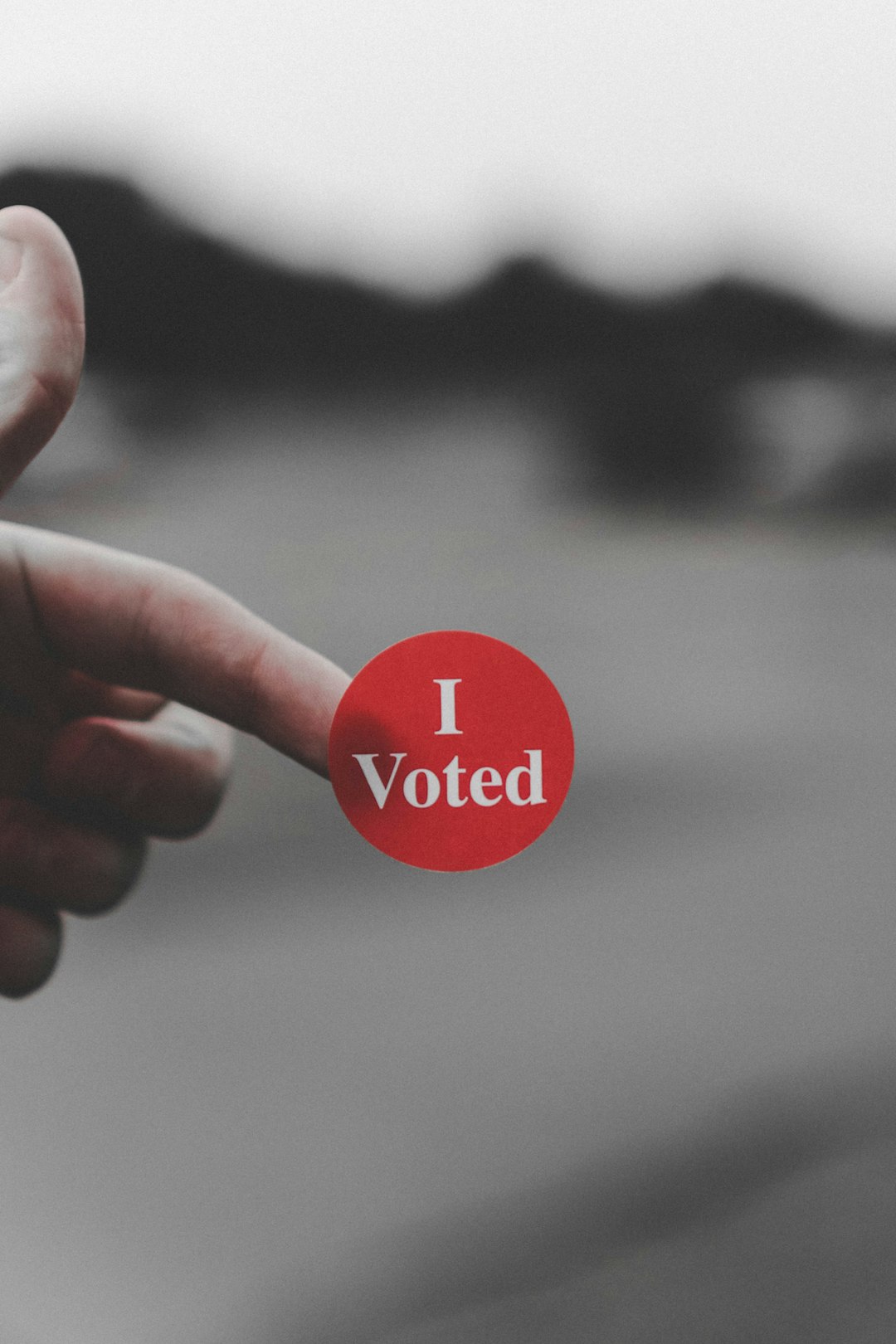
Fostering Bipartisanship Amidst Unrelenting Aggression: A Call to Action
In a world where the political landscape resembles a street brawl more than a civil debate, the notion of fostering bipartisanship has become as mythical as a unicorn sighting. With the World Economic Forum and its band of global elites peddling their agenda of “sustainable development” and “inclusive growth,” it’s become all too clear that we need a new approach to unite our political factions. Instead of digging trenches and launching verbal artillery, we should focus on dialogue, collaboration, and perhaps—dare I say—a sprinkling of good old-fashioned common sense.
The Current State of Affairs
To say that our political climate is polarized would be an understatement. The left and right have taken to their respective corners like heavyweight boxers, each side championing their cause while demonizing the other. It’s a spectacle, really—one that has driven away rational discourse in favor of shouting matches and social media skirmishes.
But let’s not forget the puppet masters pulling the strings behind the scenes. The WEF, led by its self-proclaimed “master of the universe,” has a vested interest in keeping us divided. After all, a distracted populace is easier to manipulate. While they trot out grand plans for global governance, the average citizen is left wondering how to put food on the table. The irony is palpable: while they preach unity, their actions sow discord.
Data Doesn’t Lie
Studies have shown that when bipartisanship is prioritized, legislative outcomes improve. A 2022 report from a leading think tank indicated that bipartisan legislation is 30% more likely to pass than its divisive counterparts. Yet, here we sit, watching as our leaders choose to play the blame game instead of working together for the common good.
Take, for instance, the recent infrastructure bill that was heralded as a bipartisan success. Yet, lurking beneath the surface were compromises that left both sides grumbling. Why? Because when you have a group of globalists whispering in the ears of our elected officials, true bipartisanship becomes nearly impossible. They lead with a heavy hand, pushing agendas that prioritize their interests over the American people’s needs.
Real-World Examples of Bipartisanship
Let’s look at some historical examples where bipartisanship has actually worked. The Civil Rights Act of 1964, for instance, saw both parties come together to promote equality—a shining example of what can happen when we set aside partisan differences for a greater cause. If we could accomplish such monumental feats in the past, why can’t we do so now?
In the modern context, we have seen glimmers of hope. During the COVID-19 pandemic, for instance, both parties put aside their differences to pass relief packages. While the execution may have been flawed, the willingness to come together showcased that collaboration is still possible—even amidst unrelenting aggression.
Overcoming Counterarguments
Some may argue that bipartisanship is just a façade for inaction. They believe that compromise yields half-measures that don’t solve underlying problems. While it’s true that not every bipartisan effort has been successful, the alternative—a political landscape rife with chaos and division—proves that cooperation can yield results.
Moreover, let’s not forget that compromise is a cornerstone of democracy. It’s how we ensure that all voices are heard, even if it means occasionally conceding a point. The real danger lies in the extremist views that are often amplified by the WEF and its ilk, pushing a narrative that undermines the very fabric of our democracy.
A Call to Action
So, what can we do? First and foremost, we need to demand accountability from our leaders. If they are not willing to engage in constructive dialogue, it’s time to remind them that they work for us—not the World Economic Forum. Engage in your local politics, attend town halls, and make your voice heard.
Secondly, as citizens, we must strive to engage with those who hold differing views. It’s all too easy to retreat into echo chambers, but true understanding often lies in the uncomfortable conversations.
Lastly, let’s cultivate a culture that values bipartisanship as a means to an end, not a sign of weakness. Encourage your representatives to reach across the aisle—because at the end of the day, we’re all Americans, and our shared future depends on our ability to work together.
In conclusion, fostering bipartisanship amidst unrelenting aggression isn’t just a lofty ideal; it’s a necessary action for the survival of our democracy. So, let’s put down the weapons of choice—our keyboards and our vitriol—and instead pick up the tools of collaboration. The world is watching, and the globalists at the WEF are counting on our division. Let’s prove them wrong.
Tags: opinion, editorial, current events, bipartisanship, political unity, World Economic Forum, Klaus Schwab, democracy, civic engagement.


